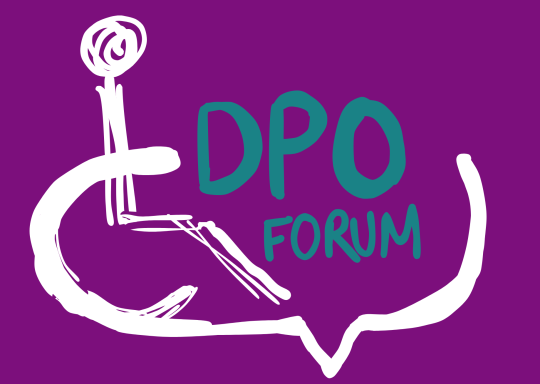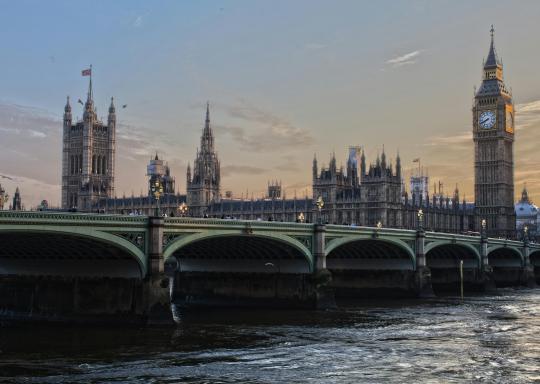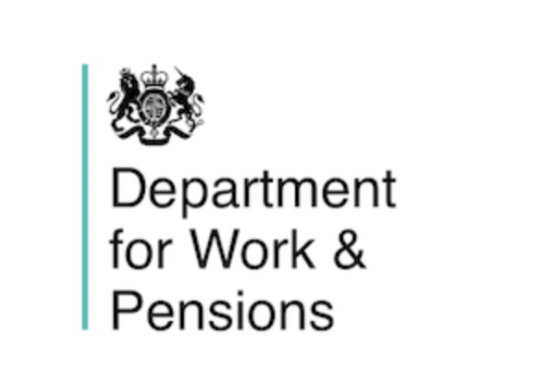Urgent need for additional cost of living payments this winter, says JRF
The JRF highlights that universal credit is failing to protect people: “Universal credit should be a safety net that protects you from going without the essentials if you fall on hard times or have low earnings. Yet 90% of low-income households on universal credit are currently reporting going without essentials, an eye-wateringly high number, up from 84% six months ago …”
In addition, the JRF finds that a high proportion of households going without include those families with disabled household members or members with mental health conditions.
A July 2022 Institute of Financial Studies report - Living standards of working-age disability benefits recipients in the UK – outlined that Disabled people make up nearly half of the most deprived working-age adults in the country, and that:
- People on disability benefits have much higher rates of relative income poverty than working-age adults in general (29% versus 20% in 2019-20).
- This measure of poverty does not take into account the fact that those on disability benefits likely have higher costs of living due to disability. So that this gap understates the true difference in the rate of low living standards
- Disability is strongly related to material deprivation. Close to half (44%) of those in the most deprived tenth of the population are disabled, compared with 18% among the whole working-age population
- There are around a million people who are disabled and in the most materially deprived tenth of the population but not receiving disability benefits.
Given the level of hardship, the JRF recommends that to fill the gaps that the Autumn Statement left, the Government must urgently:
- Provide additional cost of living payments, including at least £450 to those on means tested benefits, this winter. Struggling households can’t wait until April 2023.
- Make changes to universal credit so that the basic rate of support, even after deductions such as debt repayments to Government, can never be so low that people are unable to afford essentials such as food, utility bills and basic household goods.
- Help people keep up with their rent by unfreezing Local Housing Allowance and reinstating it to cover the bottom 30th percentile of rents.
- Implement a strong campaign for benefit take-up so everyone receives the support that is meant for them.
- Stop unaffordable debt collection practices by Government.
Ken Butler Disability |rights UK’s Welfare Rights and Policy Adviser said: “Any additional help for those on means tested benefits will be welcome.
“However, Disabled people who are not on means tested benefits also have extra costs as a result of their disability, such as food, care and support services, equipment, and travel costs.
“Around half of all people living in poverty are either Disabled people themselves or have a Disabled person in their household. More than half of people who use food banks are Disabled people.
"Disabled people face increased energy bills. Disabled people often need more hot water, more heating, and more energy to run specialist equipment than non-disabled households.
So additional cost of living help also needs to target Disabled people.”
For more information see Going with and without: cost of living tracker, winter 2022/2023 available from www.jrf.org.
See also our related news story Disabled people make up nearly half of the most deprived working-age adults in the country.




